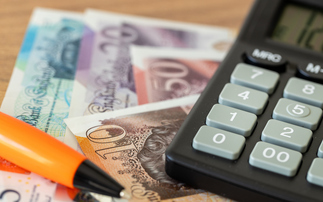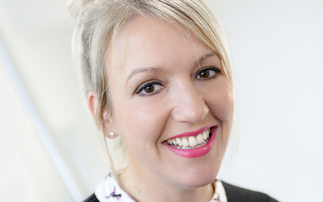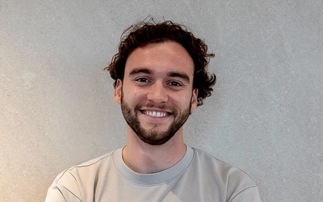George Osborne, the new Chancellor, is a member of the old Anglo-Irish aristocracy, being heir to the baronetcy of Ballentaylor in Co. Tipperary, Ireland.
He is the eldest son of Sir Peter Osborne, 17th Baronet and co-founder of the upmarket fabric and wallpapers designers, Osborne & Little.
Osborne, originally named Gideon, changed his name to George at 13, after his grandfather, a war hero. After attending St Paul's School, London, he studied Modern History at Oxford University, receiving an upper second-class degree.
Although originally Osborne intended to pursue a career as a journalist, his first foray into working life was less illustrious than one might expect, providing data entry services for the National Health Service by recording the names of those who died in London. He also briefly worked for Selfridge's department store.
He joined the Conservative Research Department in 1994 and became head of the Political Section. Between 1995 and 1997 he worked for the Ministry of Agriculture, Fisheries and Food as special adviser to minister Douglas Hogg.
Between 1997 and 2001 Osborne worked for the then Conservative leader William Hague as a speech writer and political secretary. He was elected as an MP for Tatton, Cheshire, in 2001 becoming, at the time, the youngest Conservative MP in the House of Commons.
In September 2004, he was appointed to the Shadow Cabinet as Shadow Chief Secretary to the Treasury. Following the 2005 general election, Osborne was promoted to Shadow Chancellor of the Exchequer at the tender age of 33 by the then-Conservative Party leader Michael Howard.
He then served as campaign manager for David Cameron's leadership campaign, and kept the Shadow Chancellor's post when Cameron became leader later that year.
Osborne is at times a controversial figure, known for his trenchant attacks on Brown and attracting criticism for his handling of the expenses fiasco, including one claim for £47 for two copies of a DVD of his own speech on "value for taxpayers' money".











